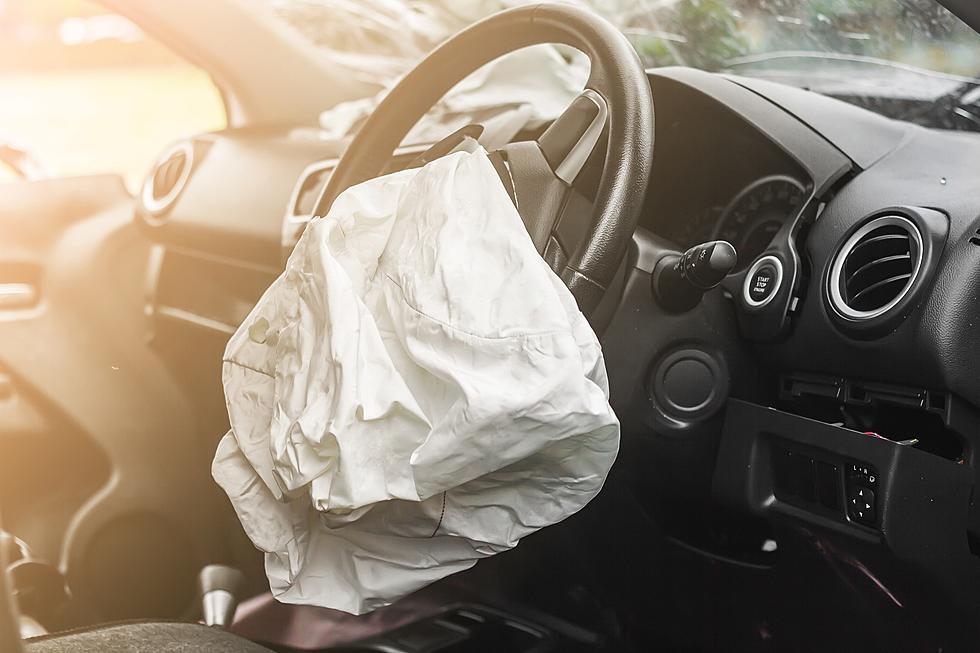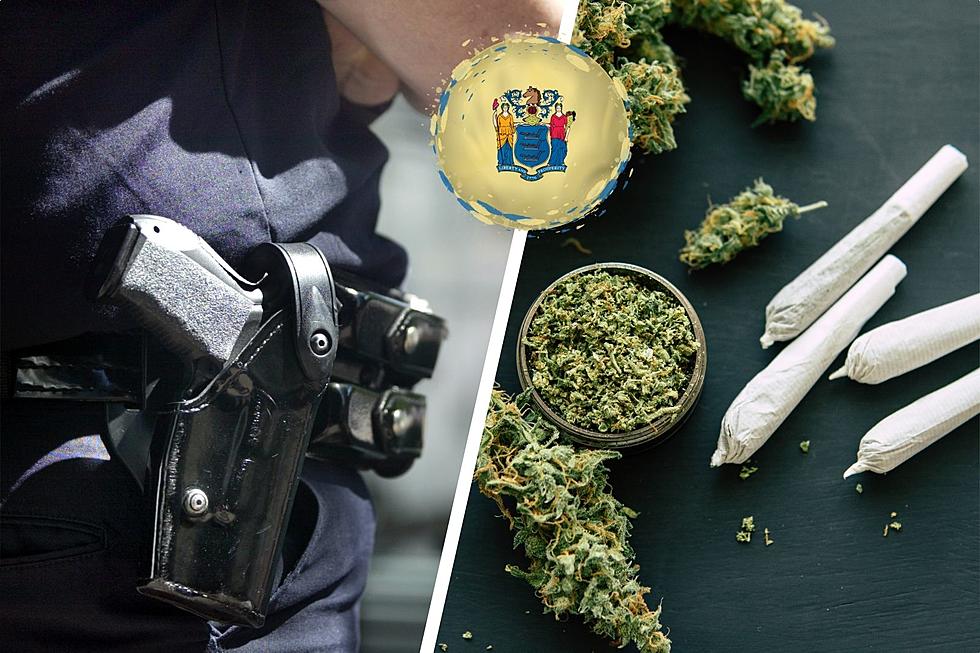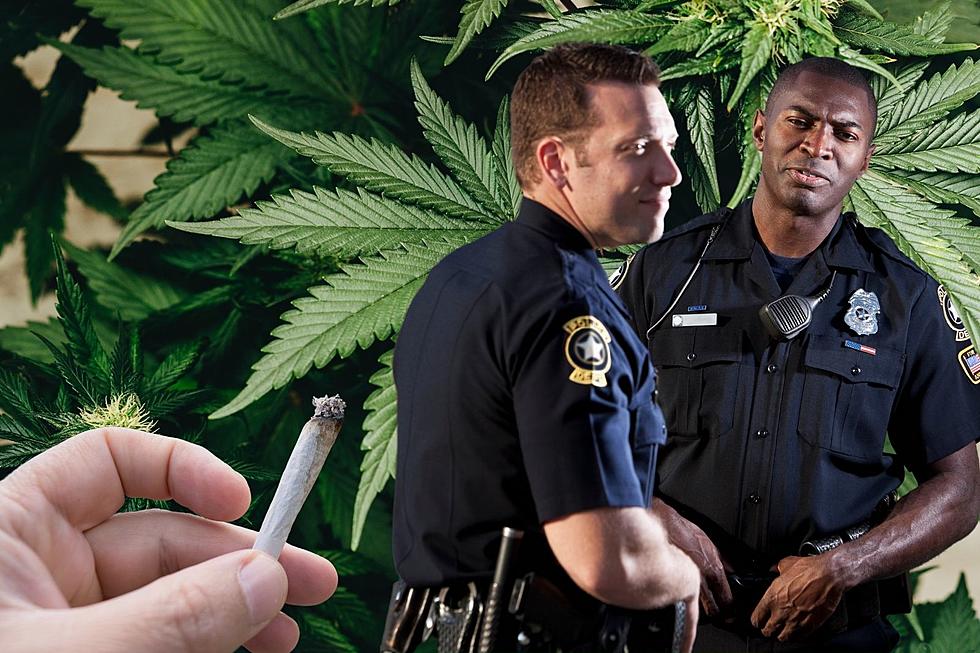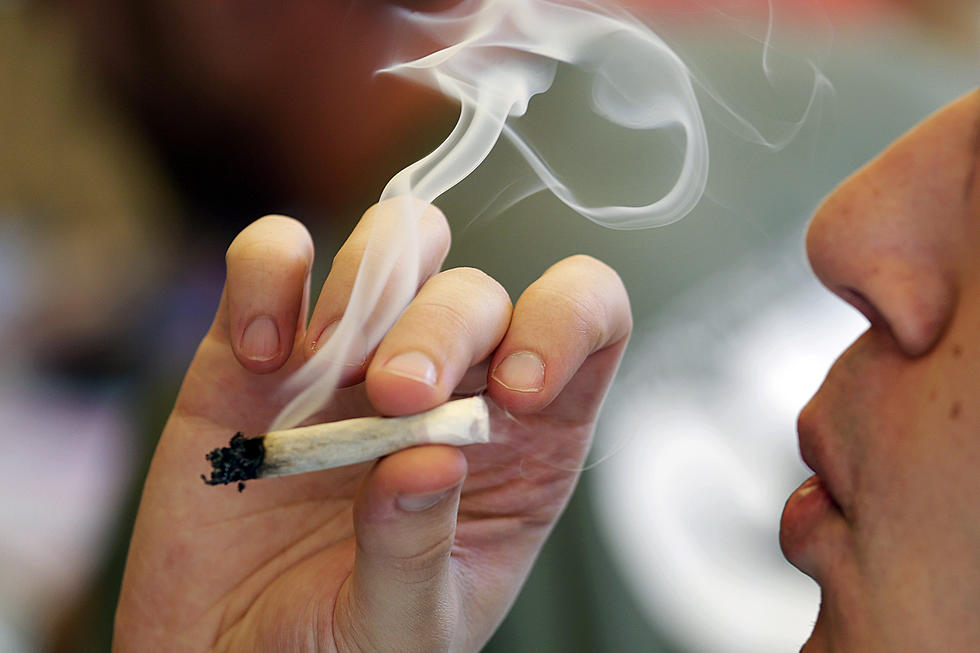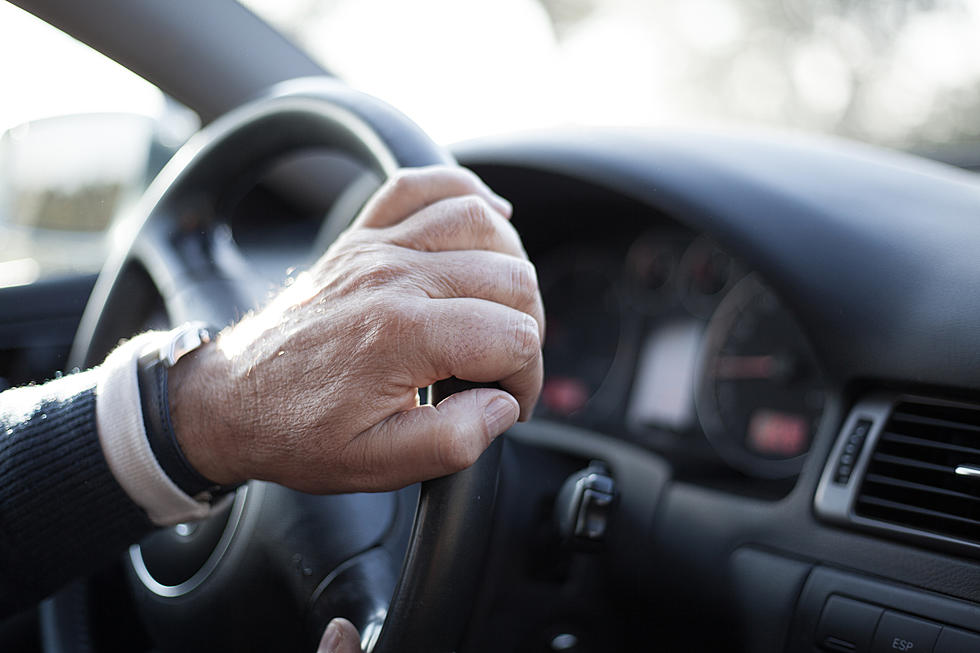
Driving while high — how legal weed may impact NJ’s roads
Research related to the impacts of driving while high is limited, even though states have had a recreational market on the books for years.
As the Garden State inches closer to an official launch of its adult-use cannabis marketplace, the jury is out on what the move will mean in the way of safety on New Jersey's roads and, in turn, auto insurance rates.
According to a survey from the AAA Foundation for Traffic Safety, dangerous driving behaviors are more likely to be exhibited by individuals who identify as users of both alcohol and marijuana, compared to those who drink but don't get high. In the survey, a much higher percentage of drivers who use both admitted to behaviors such as speeding, running red lights, aggressive driving, and texting behind the wheel.
"These data show the alarming impact of alcohol and marijuana use on the choices drivers make when they get behind the wheel," said Tracy Noble, spokesperson for AAA Mid-Atlantic. "From choosing to drive while impaired, and speeding, to driving distracted or running red lights, using these two drugs leads to poor decision-making with potentially fatal consequences."
Using surrounding states as a comparison, the Insurance Institute for Highway Safety and Highway Loss Data Institute found in 2018 that crashes increased by as much as 6% in Colorado, Nevada, Oregon and Washington, where weed is legal. Marijuana's role in crashes, however, is unclear.
In Colorado in 2018, 13.5% of drivers involved in fatal crashes tested positive for cannabis, according to the state's Department of Transportation.
If you get into an automobile accident while high on weed, chances are your auto insurance premium will shoot up. But rates won't necessarily rise for everyone in the Garden State simply because New Jersey has decided to legalize recreational cannabis for 21-and-older adults, says Christine O'Brien, president of the Insurance Council of New Jersey.
Insurance is a "data-driven algorithm and science," she said. Rates are based on, for example, where one lives, how far one travels, where the car is garaged.
"The unknown right now is how will driving be affected, how will road safety be affected, by the legalization of adult-use marijuana," O'Brien said. "We don't have the data for that."
O'Brien noted there's no way to technically measure in real time the level of THC in one's system. But law enforcement can rely on help from officers who are trained as drug recognition experts.
"As we get comfortable with the legalization and use of marijuana, be mindful of how it can impact various parts of your life long term, and that includes auto insurance," she said. "Drive safe, be safe, and your premiums will remain steady."
Contact reporter Dino Flammia at dino.flammia@townsquaremedia.com.
LOOK: Here are the 25 best places to live in New Jersey
More From New Jersey 101.5 FM

